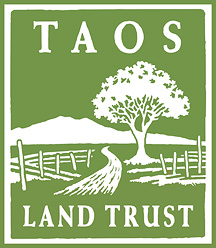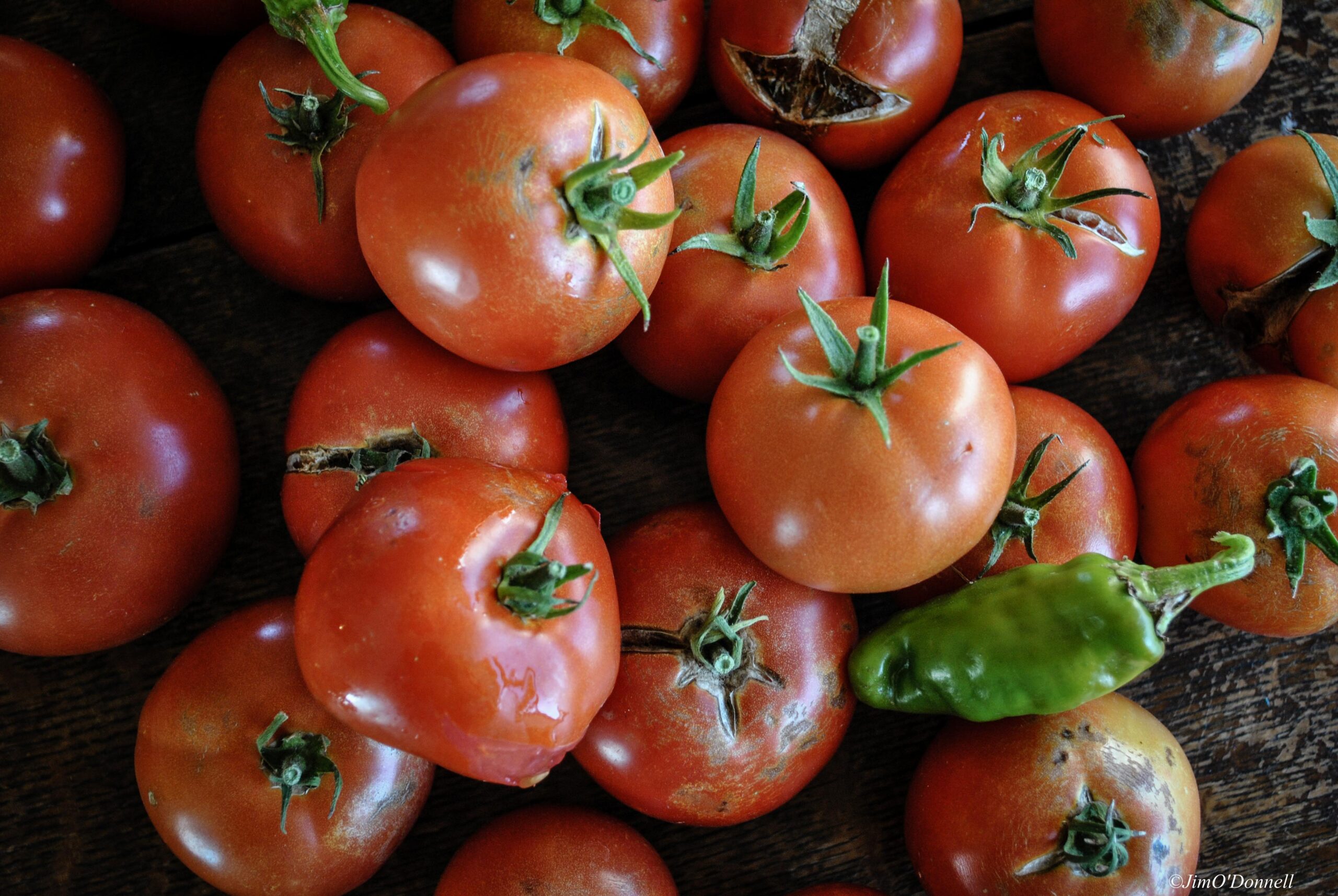UPDATE! Working Lands Resiliency Initiative Wraps Up Year One
By Chyna Dixon – Working Lands Resiliency Coordinator
In April 2019, Taos Land Trust unveiled our Working Lands Resiliency Initiative. A year and a half in, our staff takes a moment to pause and reflect on the progress of this initiative, and the lessons learned along the way.
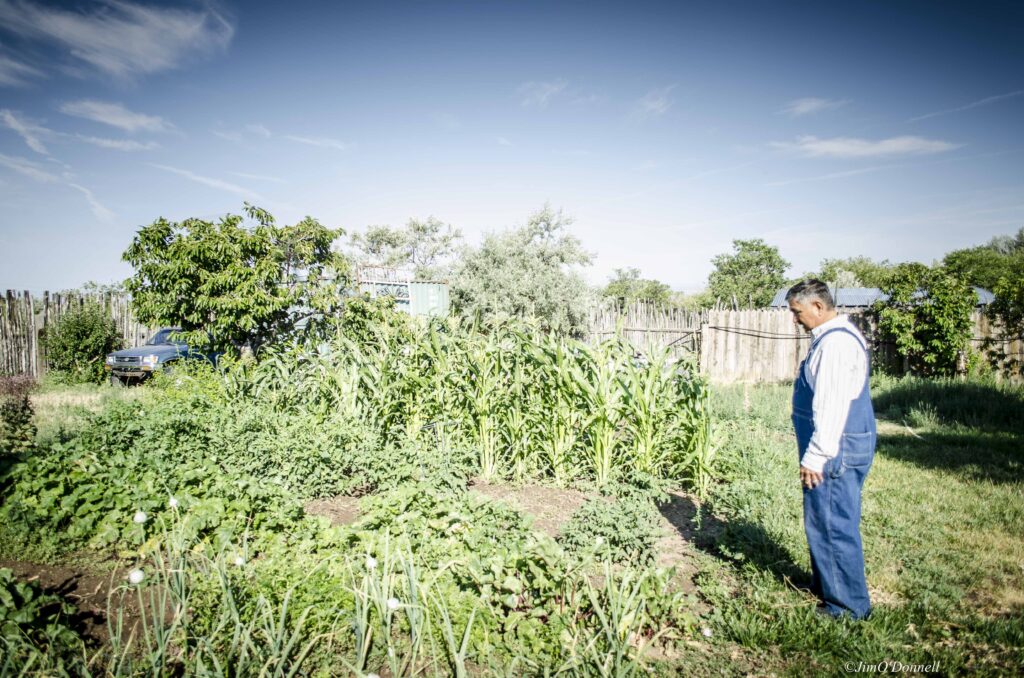
The Working Lands Resiliency Initiative was born out of multifaceted needs to address working land restoration, food security, cultural heritage, and climate resilience in Taos, New Mexico. The Initiative has been both a project and an inquiry: it has demonstrated that resilience is not a product, but rather it is a constantly emerging process that takes shape and strengthens itself by the addition of new information. This project has been our own experiment in resiliency: where we ended up was very different from where we thought we were heading, and we adapted more than once to meet the needs of the organization and the community.
This initiative was conceived through the desire to support a healthy, thriving, socio-ecological system in Taos. The project is anchored in community-supported food security and sovereignty; collaborative partnerships and interdependent food systems; a desire to nourish a thriving green-belt; ancianos y vecinos connected to their land; a deeply rooted and wide-spread sense of connection between people and place; a system of lasting land stewardship that is adaptive to change, and inviting of both innovation and tradition; a vision that responds to a brazenly honest dialogue about our climate future, our economy, and how we support our current and future generations in adapting to unprecedented yet rapidly-normalizing rates of change.
Through this initiative, we understand that engaging in conversation around vulnerability, water, and economic stressors helps generate capacity, ideas, and solutions. In this way, the process of inquiry helps develop resilience in real-time. We also understand that the sort of work we set out to do requires true collaboration and strong relationships built on trust and common goals — that no one organization can go it alone to achieve structural, systemic change.
Every step of the way, we as a team and as an institution have reconciled with positionality, role, purpose, and service. This work has been complex and challenging, but it has resulted in a forward trajectory aligned with community needs and vision. The initiative has contributed to the direct restoration of 70 acres of working land in Taos, has provided equipment access to the community, and is working to co-educate a generation of young people about their agricultural, land, and water heritage. With a preliminary set of resources created and a lot of knowledge gained, Taos Land Trust has made the Working Lands Resiliency Initiative a cornerstone of its work
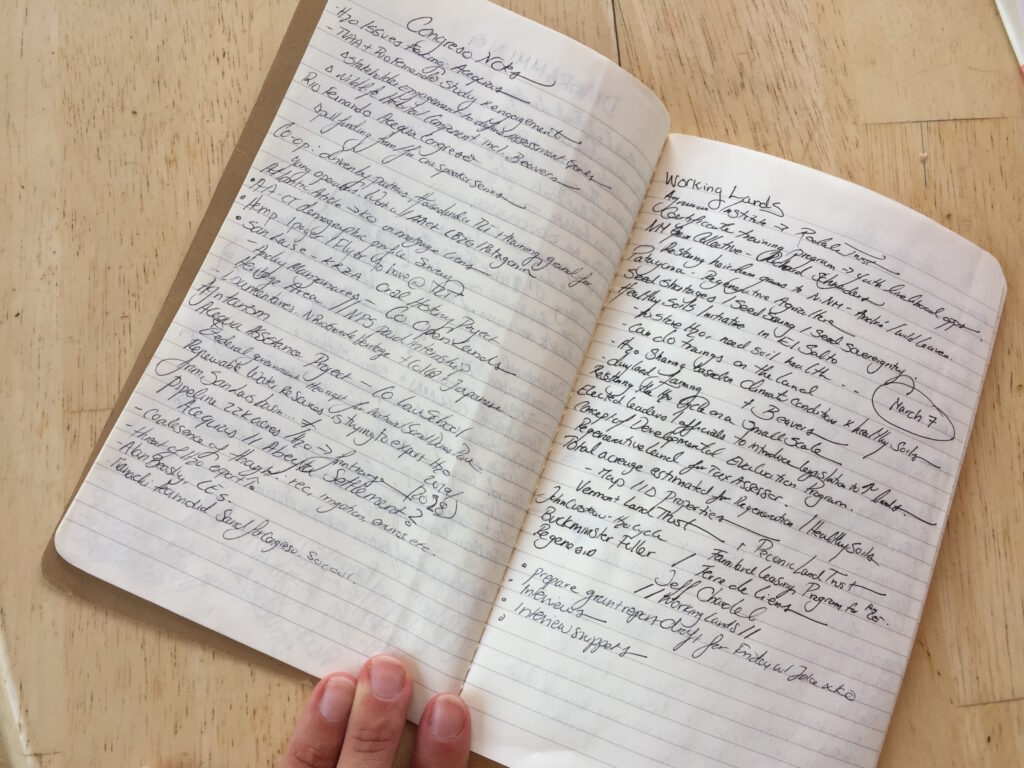
In addition to the tangible, on-the-ground benefits, the work also has measurable, demonstrated uses in a policy advocacy context. We engaged community leaders in one-on-one policy interviews, including Commissioners-elect, key representatives from state-wide conservation and acequia groups, and current legislators.
Through our Working Lands Initiative, we were excited to launch an equipment-leasing program this year. A private donation allowed TLT to purchase a no-till seeder and crimper. To nourish community agriculture, food sovereignty, and food security, TLT offers this equipment for lease at a sliding scale, prioritizing those growing food for community distribution.
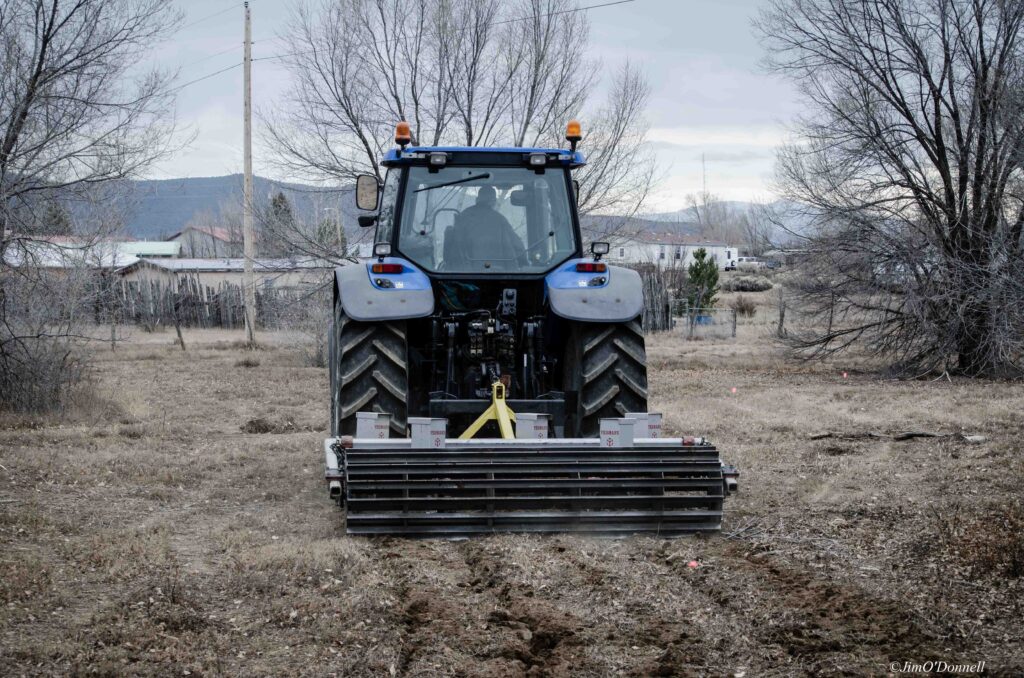
This initiative parlayed to other food-security based projects, including TLT’s nomination to chair the Agriculture, Land, and Water sector for the local EC COAD (Community Organizations Active in Disaster) and the subsequent convening of a Local Food Coalition, which builds upon the deep work undertaken by community partners over the past decade. The emergent Coalition brings together a diversity of actors –– from producers and ranchers to educators and social workers, to pastors, policymakers, food pantries, funders, Taos County Economic Development Corporation, University partners, agricultural non-profits, and community representatives who are committed to identifying and addressing both the immediate and long term needs of our community as they relate to food, water, and resilience.
One of the most exciting elements to emerge from the food security work prompted by the COVID-19 was the development of a Community Garden Boxes project. This summer, we built and distributed 80+ planting-ready 4×8 garden boxes – complete with soil, irrigation equipment, and hoop house coverings – to families in our community. We partnered with local leaders to ensure the boxes went to families most in need. The community reception has been remarkable; we are eager to track the progress of our new growers this fall and into next spring. Look for a blog post on this soon!
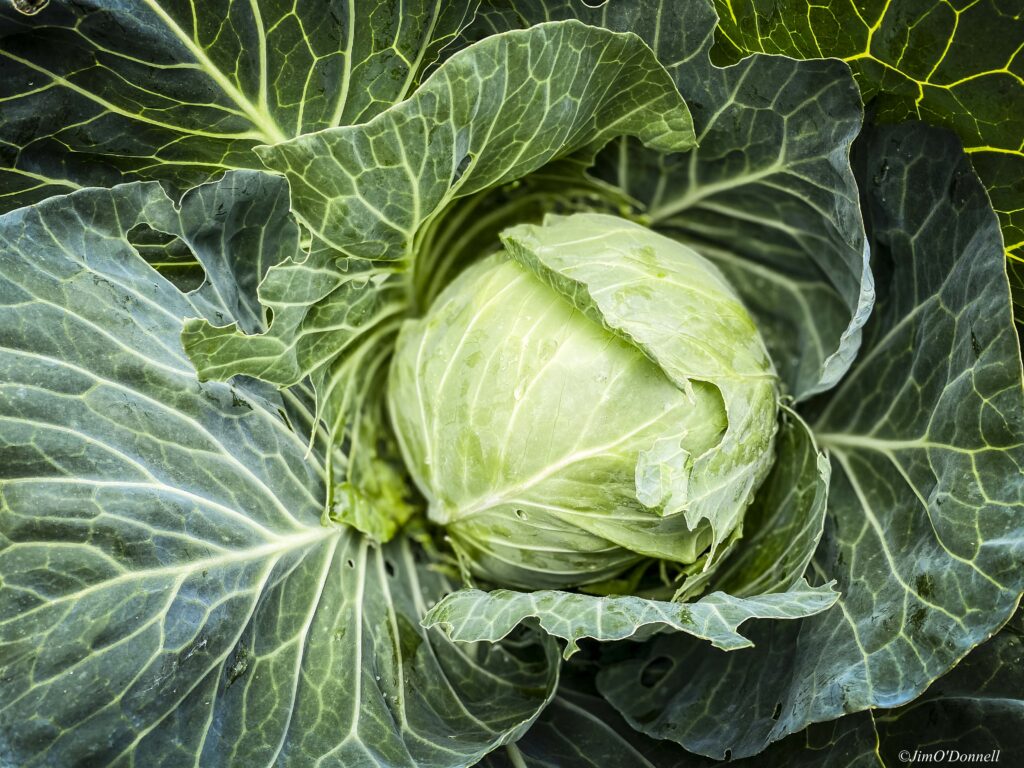
Among the many existing structural inequities that COVID-19 cast into the light is our community’s deeply insecure relationship to food, exacerbated by the crash in the tourism and hospitality-driven economy that has left many without work. The number of families receiving nutrition support from local food distribution centers has dramatically increased, as has the need to support students whose primary access to food is through schools. As members of our community have been forced to stay at home these many months, thoughts have turned to land, water, resilience. Seeds sold out, as more at-home gardens were planted than have been in recent memory. These changes in the pace and focus of life have manifested in a variety of ways, including a renewed emphasis on food production and security, regional food planning, youth employment and livelihood opportunities, cross-sector collaboration with educators and producers.
##
